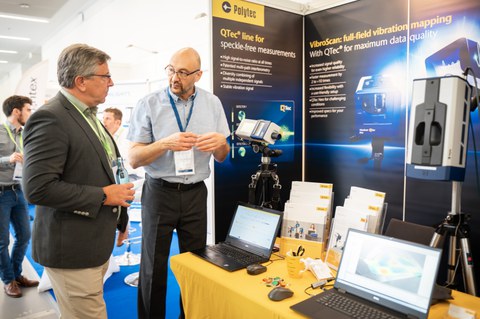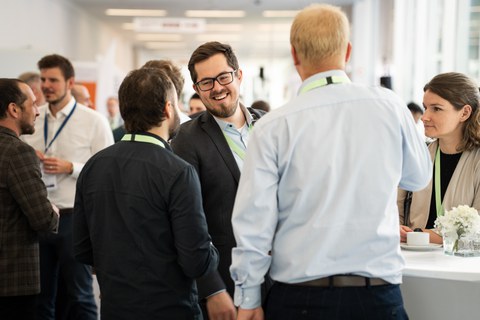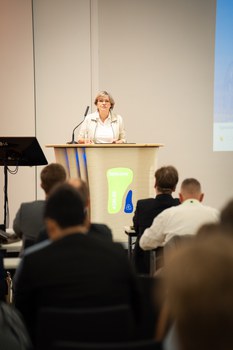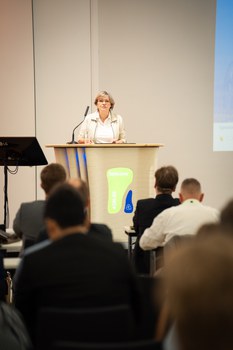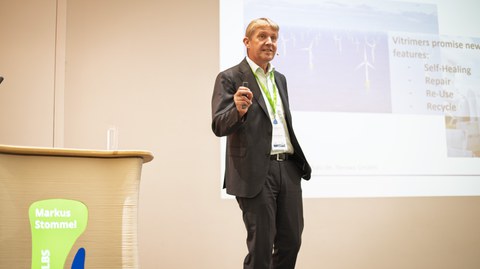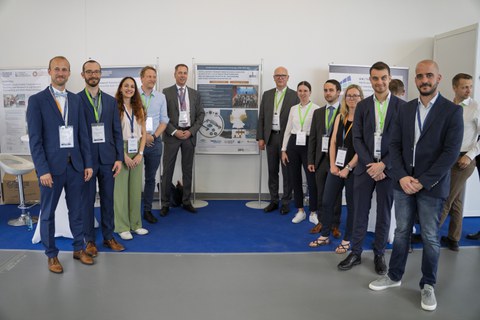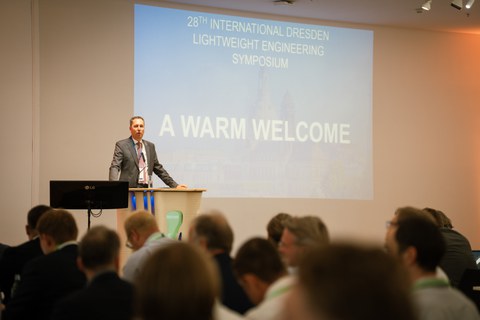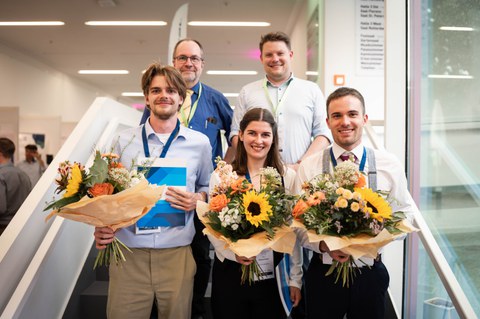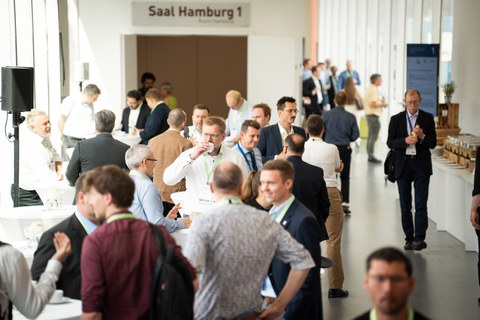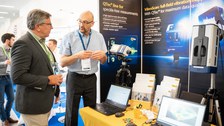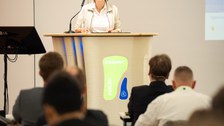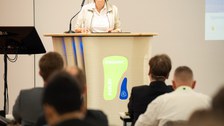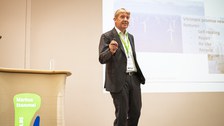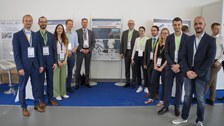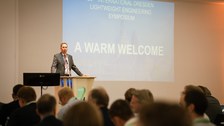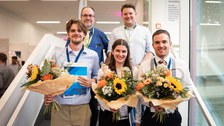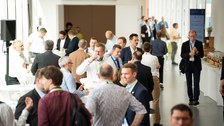Jun 30, 2025
The future needs lightness: The 28th International Dresden Lightweight Engineering Symposium sets research and industry in motion
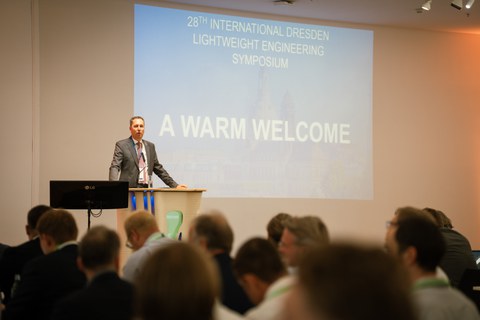
Opening address by Prof. Dr.-Ing. habil. Maik Gude
In light of current geopolitical and economic challenges ranging from resource scarcity and energy crises to shrinking free trade agreements, the 28th International Dresden Lightweight Engineering Symposium once again made it clear: the search for sustainable, technically sound solutions brooks no delay. Lightweight engineering, with its combination of material and energy efficiency, offers cross-industry innovation potential that is increasingly coming into focus.
As Prof. Dr.-Ing. habil. Maik Gude, board member of the Institute of Lightweight Engineering and Polymer Technology (ILK) at TU Dresden, emphasized in his welcome address, it is lightweight engineering in particular that “with its inherent material and energy efficiency – proven over decades – is the key technology, when it comes to the challenges just mentioned.” The symposium, held on 26 and 27 June 2025, brought together more than 200 guests from science, industry and politics at the Dresden exhibition grounds and demonstrated how technology enables transformation. The event was accompanied by a trade fair, where companies and research institutions presented their latest developments and thus promoted direct exchange between science and industry.
Under the guiding theme “Sparking Industrial (Re)Ignition”, experts from various disciplines discussed how resource-saving innovations can go hand in hand with industrial impact. Whether in aviation, the automotive sector, shipbuilding or microelectronics: around 60 technical presentations highlighted the entire life cycle of lightweight structures from design and production to recycling. The focus was on smart material concepts, innovative manufacturing processes and structural solutions that can measurably reduce the CO₂ footprint of industrial applications.
Further thematic highlights included current projects by the ILK and its partners. The Collaborative Research Center 402 “DediGrad”, for example, is working together with RWTH Aachen, TU Chemnitz, TU Wien and Fraunhofer IWU on recyclable polymer lightweight structures with intelligent reinforcement architecture. The “CircEcon” research platform combines the expertise of the Technical Universities of Dresden, Chemnitz and Freiberg as well as the University of Applied Sciences Zittau/Görlitz to build a unique European research campus for a greenhouse gas-neutral circular economy. These initiatives address central challenges such as resource conservation and sustainable value creation.
In addition to technology and strategy, early-career researchers were also in the spotlight: the Academic Club Lightweight Engineering (ACL) of TU Dresden presented an audience award for outstanding student research as part of a competition with a poster session. Nine students took part in the audience vote. First place went to Ms. Rebecca Heintz, followed by Dipl.-Ing. Christian Hild in second place and Dipl.-Ing. Hannes Schneider in third. All three received a cash prize, and the top six places were also awarded a one-year subscription to the specialist journal “Kunststoffe”. The submissions impressed not only in terms of content, but also with bold approaches and creative solutions.
The symposium, which has shaped international exchange on lightweight engineering for almost three decades, once again showed: those who want to shape the industry of tomorrow must be ready to rethink today. Dresden remains a place of inspiration: scientifically sound, practice-oriented and open to collaboration.
We thank all guests, speakers, partners and ACL award candidates for the inspiring exchange that once again made the symposium a success!

